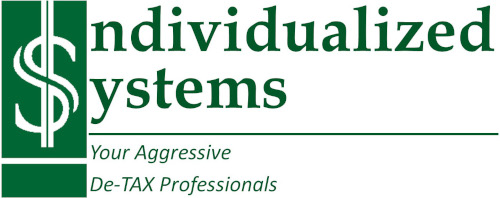Payroll Taxes Part II – Unemployment
Any business who pays more than $1,500 in wages is required to file and pay unemployment tax. Most small businesses will have to deal with this only once per year since the wages paid and tax due will be less than $400 per year. However, for an employer with at least $100 of tax due in any quarter, quarterly deposits are required. Since the maximum wages per year subject to the tax are $7,000 (see below), it is not easy to end up owing that much every quarter unless you have a lot of employees and a high employee turnover. Be sure to confer with your professional to ensure you are in compliance.
Unemployment in General
Unemployment tax is a tax each employer must pay to cover unemployment compensation for his/her employees. It is based on a percentage of the gross wages paid.
The Federal percentage is fixed and each employer receives a credit based on their state unemployment payments.
The State percentage is based on the business’s historical track record of personnel turnover and unemployment claims. New businesses start at 2.7% and the fewer claims they have the lower the rate becomes. Conversely, the more claims they have, the higher it gets.
Federal Unemployment (FUTA)
Most small businesses will have to deal with this only once per year. Anyone who paid $1,500 or more in wages is required to file and pay unemployment tax.
Quarterly deposits are required for any employer who has $100 or more in unemployment due during a single quarter.
Internal Revenue Service FORM 940 is the federal form that will be sent to anyone with a Federal Employer Identification number.
The form should be received from the IRS in the month of December. The employer should complete it as soon as the information is available. Necessary data to be compiled is:
![]() Gross wages for the calendar year
Gross wages for the calendar year
![]() Exempt payments – there is a list in the instructions of types of payments that are exempt from unemployment tax
Exempt payments – there is a list in the instructions of types of payments that are exempt from unemployment tax
![]() Payment over $7,000 to any single employee – this is a ceiling of wages over which no unemployment tax is assessed
Payment over $7,000 to any single employee – this is a ceiling of wages over which no unemployment tax is assessed
![]() All applicable State tax information to obtain your maximum credit.
All applicable State tax information to obtain your maximum credit.
![]() Record of gross wages paid by quarter.
Record of gross wages paid by quarter.
![]() Any deposits made during the year.
Any deposits made during the year.
![]() The return and any amounts due must be remitted by February 2.
The return and any amounts due must be remitted by February 2.
State Unemployment (SUTA)
This is a Texas Workforce Commission (TWC) quarterly report made on Form C-3 in April, July, October and January.
Each report is pre-printed with the employer’s data and their specific applicable unemployment percentage rate.
The information required to complete the form is:
- Total gross wages
- Taxable wages – in Texas any wages over $9,000 paid to a single employee are exempt from state unemployment tax.
- Information on each employee
 Social Security Number
Social Security Number
 Name
Name
 Total wages paid during the quarter
Total wages paid during the quarter
The return and tax payment are due by January 31.
Because we are a multi-state organization, we cannot possibly provide information on every state in which we do business. However, Texas is representative of most states in regards to State Unemployment. We, therefore, offer the following as an example only. Please contact your professional to find out the specifics for your state.

